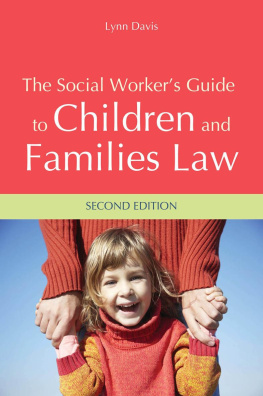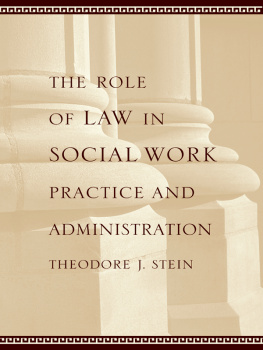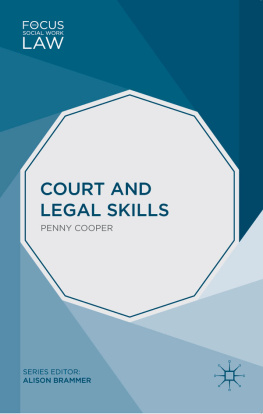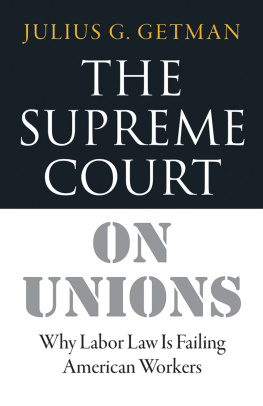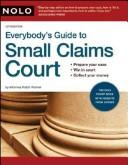SEE YOU IN COURT
by the same author
A Practical Guide to Fostering Law
Fostering Regulations, Child Care Law and the Youth Justice System
Lynn Davis
Foreword by Christopher Simmonds
ISBN 978 1 84905 092 0
eISBN 978 0 85700 273 0
The Social Workers Guide to Children and Families Law
2nd edition
Lynn Davis
ISBN 978 1 84905 440 9
eISBN 978 0 85700 814 5
of related interest
Safeguarding Children Across Services
Messages from Research
Carolyn Davies and Harriet Ward
ISBN 978 1 84905 124 8
eISBN 978 0 85700 290 7
Vulnerable Children and the Law
International Evidence for Improving Child Welfare, Child Protection and Childrens Rights
Edited by Rosemary Sheehan, Helen Rhoades and Nicky Stanley
ISBN 978 1 84905 868 1
eISBN 978 0 85700 456 7
Social Work Reclaimed
Innovative Frameworks for Child and Family Social Work Practice
Edited by Steve Goodman and Isabelle Trowler
ISBN 978 1 84905 202 3
eISBN 978 0 85700 461 1
Social Work with Children and Families
Getting into Practice
3rd edition
Ian Butler and Caroline Hickman
ISBN 978 1 84310 598 5
eISBN 978 0 85700 556 4
SEE YOU IN
COURT
A Social Workers Guide to Presenting
Evidence in Care Proceedings
SECOND EDITION
LYNN DAVIS
Jessica Kingsley Publishers
London and Philadelphia
Appendices 3 and 4 reproduced under the terms of the Open Government Licence v3.0.
First published in 2015
by Jessica Kingsley Publishers
73 Collier Street
London N1 9BE, UK
and
400 Market Street, Suite 400
Philadelphia, PA 19106, USA
www.jkp.com
Copyright Lynn Davis 2015
Front cover image source: Shutterstock. The cover image is for illustrative purposes only, and any person featuring is a model.
All rights reserved. No part of this publication may be reproduced in any material form (including photocopying or storing it in any medium by electronic means and whether or not transiently or incidentally to some other use of this publication) without the written permission of the copyright owner except in accordance with the provisions of the Copyright, Designs and Patents Act 1988 or under the terms of a licence issued by the Copyright Licensing Agency Ltd, Saffron House, 610 Kirby Street, London EC1N 8TS. Applications for the copyright owners written permission to reproduce any part of this publication should be addressed to the publisher.
Warning: The doing of an unauthorised act in relation to a copyright work may result in both a civil claim for damages and criminal prosecution.
Library of Congress Cataloging in Publication Data
Davis, Lynn, 1962- author.
See you in court : a social workers guide to presenting evidence in care proceedings / Lynn Davis. -- Second edition.
pages cm
Includes index.
Includes bibliographical references and index.
ISBN 978-1-84905-507-9 (alk. paper)
1. Domestic relations courts--England. 2. Social courts--England. 3. Evidence, Expert--England. 4. Social workers--Legal status, laws, etc.--England. I. Title.
KD751.D38 2015
344.420313--dc23
2014030015
British Library Cataloguing in Publication Data
A CIP catalogue record for this book is available from the British Library
ISBN 978 1 84905 507 9
eISBN 978 0 85700 925 8
Contents
Acknowledgments
I am extremely grateful to Christopher Simmonds, District Judge of the Central Family Court for his very helpful comments on the manuscript and to my editor Steve Jones for guiding me through the publishing process.
I am indebted to all the social workers, child care lawyers, judges, magistrates and Childrens Guardians I have worked with over the years for all they have taught me. I am filled with admiration for the sterling work undertaken day in day out in this challenging field, largely unnoticed and unappreciated by the media or the general public.
Thanks also go to Mum, Mark and the pack for their love and support.
This book is dedicated to Timothy Robert Teichmann Davis, one of the lucky ones, born into a loving family.
Preface
This book is the product of my experience as a child care lawyer acting for local authorities, parents and children (both on direct instructions and working with Childrens Guardians) as well as training social workers and others involved in the court process. I have attempted to answer the questions raised by social workers in real cases and in training courses. All of the scenarios and anecdotes are based on real cases.
It is a moment of great opportunity for social workers to claim their rightful position as experts in the newly created Family Court. I hope this practical guide will help them to do just that.
Throughout the book, to avoid repetition of he/she, I have chosen one gender or the other.
Where reference is made to the law, it is up-to-date as of 24 November 2014, so please be alert to the possibility of later changes. The law and procedure described in the book apply only to England and Wales.
Any opinions expressed are entirely my own. I take full responsibility for, and apologise for, any mistakes.
Chapter 1
Introduction
Expectations and preconceptions
Are you looking forward to going to court? Or does the very thought inspire dread? Like it or not, as a children and families social worker, you will one day end up in the witness box. You owe it to yourself (not to mention your clients) to prepare yourself as well as possible, so you can approach the experience with well-founded confidence and perform your role effectively.
Many fears about court are based on unjustified preconceptions. Courts in real life bear little resemblance to TV dramas, most of which are set in Criminal Courts, which are very different in approach from the Family Court. Many dramas are also American. In the UK advocates are not allowed to stroll around the courtroom eyeballing the witness or the jury, and rarely jump up shouting objection. Sadly, few advocates look like Hollywood actors, and cases seldom turn on last-minute surprise revelations.
Social workers facing their first experience of proceedings can be overawed, even fearful of court and may expect disaster. As with anything else in life, a negative starting attitude is likely to become a self-fulfilling prophecy. Expectations of problems are often fuelled by tales of difficulties experienced by others. Usually these have been grossly magnified on the grapevine, and in any event only represent a tiny proportion of cases everything went fine is not news, it was a nightmare is. Try to base your ideas on reality, not on exaggerated reports.
Why do court proceedings inspire such foreboding?
Fear of the unknown
Imagine asking someone who had never even been to the theatre to step straight onto the stage and perform in a play. Surely that would be a ridiculous idea, leading inevitably to embarrassment and disaster. Yet social workers routinely seem to be expected to give evidence the first time they ever set foot in a courtroom. Being thrown in the deep end is not usually the best way to learn to swim.


